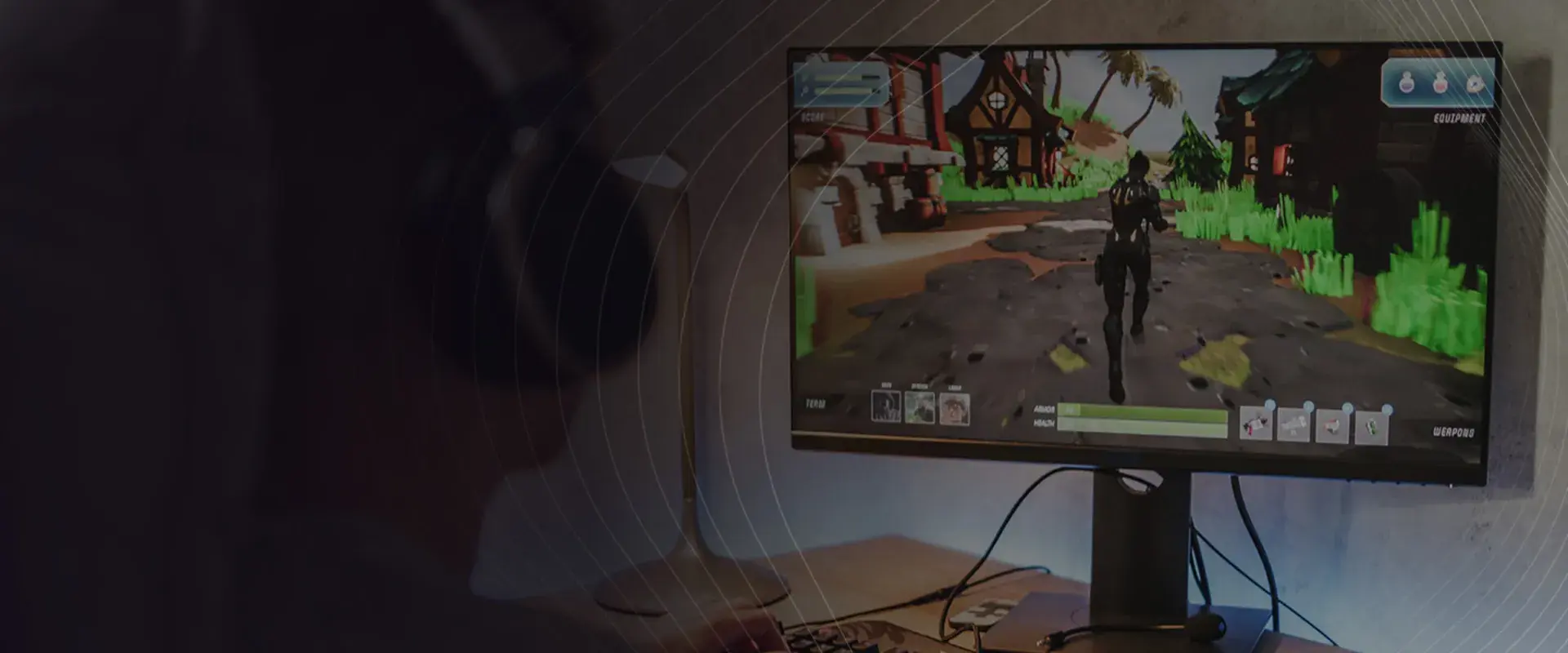A game can be abused at any time during its lifetime, even on the first day of release. But have you ever imagined that the game can be damaged even prior to its release? This is, sadly, what developers frequently deal with during game development.
What are game leaks?
Any information about a game that becomes available to the public before the launch date is considered a game leak; examples include new features, characters and expansions. The worst form of the leak is when an entire game build is made public, allowing players to access an early version of the game.
The Sims franchise, Project Rene, serves as a recent example where a five-minute video of playtest gameplay was leaked even though the game is still in development.
How do game studios suffer?
The pre-release phase is highly sensitive as game developers push test builds to external agencies or provide test copies to streamers, reviewers and journalists. This possibility discloses the game’s existence and vulnerability to leaks.
In most cases, leakers disclose information anonymously, making it challenging for developers to identify the source. Terms of service and non-disclosure agreements, signed by all parties, are therefore not effective in preventing leaks in certain instances.
Can game leaks affect the future of the game?
- Players’ interests are influenced: Players may easily come up with snap judgments based on unfinished content from early leaks. Many games receive backlash because of this, leading players to cast off the title without viewing the entire work as intended.
- Gamers are less engaged: Leaks deprive players of the thrilling reveal moment and gaming experience. This may cause them to experience less joy or excitement as they may already know what will happen, resulting in a worse overall experience.
- Creative development is discouraged: The work and morale of the dev team is also heavily affected by the content leak. Developers may feel pressured to deviate from their original plan to provide a fresh perspective to the awaiting gamers, resulting in higher expenses, greater creative efforts and delays in the title’s release date.
- Leaks may impact revenue: Players may hesitate to try out the finished version of a game if there is little wonder left to uncover. This will impact on the sales of both the games and microtransactions as well as ad revenue.
Can developers prevent their games from being leaked?
Instead of solely relying on legal documents, developers need an efficient security measure to detect leaks in a timely manner.
TraceMark from Denuvo by Irdeto allows developers to embed undetectable identifiers directly into their game, enabling the precise tracing of leaked content back to its source while ensuring the original quality of the title. This discourages potential leakers by holding individuals accountable, knowing that any unauthorized distribution can be directly linked to them. Furthermore, integrating this solution with our Anti-tamper product can mitigate the damage of the whole game build leak, which can’t be playable without the permission of the game’s owners on the digital distribution platform.
With watermarking, developers can tighten their pre-release security and enjoy peace of mind throughout the game’s lifecycle, from development to distribution.
It’s never too early to protect your game!
Wondering how to get started? Contact us to learn more!











/Images/Module%20-%20footer/spiral.svg)
